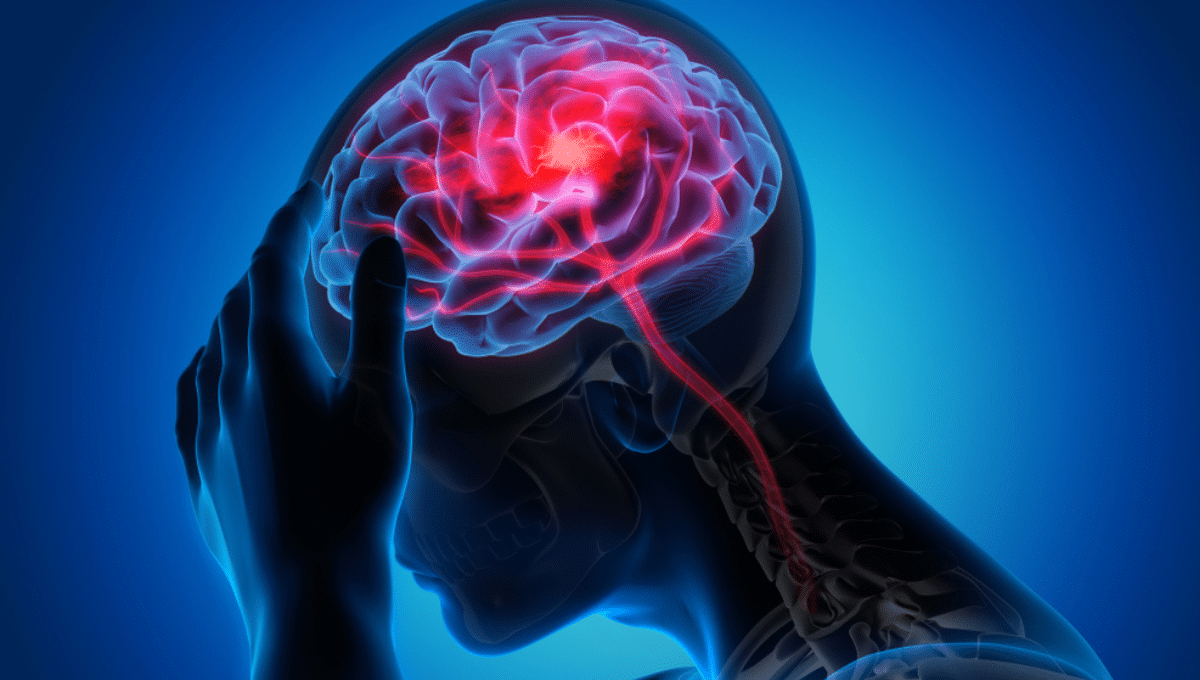Stem Cell Therapy: Ischemic Stroke Recovery Breakthrough
Over the past few years, stem cell-based treatment approaches have gained much attention from clinicians and medical researchers due to the therapeutic effects of stem cells, mainly Mesenchymal stem cells (MSCs), for treating ischemic stroke. Numerous animal studies have already demonstrated the benefits of stem cells in stroke management due to their cell replacement, neuroprotection, anti-inflammatory, and immunomodulatory properties.
This article explores the effectiveness of stem cell therapy for Ischemic stroke, focusing on the use of mesenchymal stem cells and the recent developments in this field.
Table of contents:
- Introduction – What is Ischemic Stroke?
- Stem Cell Therapy For Ischemic Stroke: Therapeutic Mechanism Of Stem Cells
- How Effective Is Stem Cell Therapy For Treating Ischemic Stroke?
- What Are The Eligibility Criteria To Qualify For Stem Cell Therapy?
- Improvements Noticed In Stroke Patients After Stem Cell Treatment
Introduction – What is Ischemic Stroke?
Ischemic stroke is a devastating neurological and cerebrovascular disease characterized by the sudden loss of blood flow to the specific areas of the brain, typically in the vascular territory, resulting in a corresponding loss of neurological function. Obstruction of blood flow to the brain leads to a reduction in oxygen and nutrients, resulting in physical and cognitive impairment.
Blood clot, also known as thrombus, caused by atherosclerosis or plaque formation in the arteries, is identified as the most common cause of Ischemic stroke. Fortunately, as per recent studies, Mesenchymal stem cell therapy has become a novel hotspot for research due to its remarkable potential to help patients recover from Ischemic stroke.
Stem Cell Therapy For Ischemic Stroke: Therapeutic Mechanism Of Stem Cells
Stem cells have vast potential to minimize or eliminate the effects of ischemic stroke and promote recovery in patients. Stem cell therapy for Post-stroke recovery aims to repair or replace the damaged brain tissues and restore the lost cognitive function. MSCs demonstrate therapeutic benefits in treating severe neurological disorders, including acute ischemic stroke, hemorrhagic stroke, ischemic brain injury, and chronic stroke.Now, let us unwind the healing mechanisms of stem cells for post-recovery in stroke patients.
Self-renewing Capacity – The high capabilities of stem cells for self-renewal and the ability to form various cell types, such as adipocytes, osteoblasts, neurons, chondrocytes, etc., aid in the speedy recovery from the cognitive and neurological effects of stroke. They regenerate the neural cells and brain tissues lost due to stroke.
Reduces Neuroinflammation – Stem cells reduce neuroinflammation and aid in the modulation of immune response in stroke survivors. Administration of stem cells promotes neuroprotection, angiogenesis, and endogenous neurogenesis, improving overall cognitive function.
Releases Growth Factors – Stem cells stimulate the production and differentiation of cells surrounding the affected areas, reduce inflammation, and promote neuroregeneration. After administration, they migrate to the injured regions of the brain, fostering innate healing and reducing oxidative stress.
Repairs Damaged Neurons – When a patient gets an ischemic stroke, the blood supply to the brain is disrupted, causing the death and damage of neurons. Stem cell therapy utilizes the unique properties of stem cells to differentiate and form any cell type to repair damaged tissues. The stem cells differentiate into brain cells and regenerate damaged neurons, thus making this treatment an ideal solution for stroke recovery.
Immune-privileged – Mesenchymal stem cells, obtained from human umbilical cord tissue following normal and healthy births, are fresh cells with minimal chances of cell rejection. They are immune-privileged, which makes them ideal for regenerative medicine treatment for ischemic stroke recovery.
Read Also: Healing Power Of Stem Cell Therapy: A Comprehensive Guide
How Effective Is Stem Cell Therapy For Treating Ischemic Stroke?
One of the questions that most stem cell therapy clinics come across from stroke survivors and their families is what is the efficacy of stem cell treatment. As per the opinions of stem cell experts, the effectiveness and durability of the therapy rely on several factors. These include the patient’s age, severity of the ischemic stroke, overall health condition, past ailments, pre-existing diseases, medications, and any other underlying conditions.
Also, the recovery time after a stroke may vary from individual to individual. Some may respond to stem cell treatment after a few weeks, while some may take a month or two. In general, stem cell therapy provides long-lasting results where patients can experience significant improvements in neurological function and overall health for an extended period.
What are the eligibility criteria to qualify for stem cell therapy?
Various factors are taken into account by stem cell doctors to determine whether you are eligible for stem cell treatment. First, the patient should have a stable medical condition and be able to travel abroad. They should not be suffering from any active infection or undergoing cancer treatment.
Furthermore, the doctors will review the patient’s medical history to understand the overall health condition. Other eligibility criteria that determine whether an individual is a suitable stem cell candidate are:
- The patient’s age.
- The type of stroke.
- The severity of the stroke.
- The location in the brain affected by the stroke.
- The types of stem cells they can use for treatment.
Improvements Noticed In Stroke Patients After Stem Cell Treatment
Statistical data on the preliminary efficacy of cell therapy for post-stroke recovery reported by patients shows that nearly 85% of them have experienced sustained progress in their health.
The significant signs of improvements observed in the patients after three months of treatment include:
- Improvement in stamina and energy levels.
- Better body balance and coordination.
- Regained strength in muscles and joints.
- Improvement in vision.
- Enhanced memory and concentration.
- Improvement in speech.
- Ability to eat independently.
Read Also: Can Stem Cell Therapy Provide Relief From Chronic Knee Pain?
Wrapping Up
Undoubtedly, stem cell therapy holds a novel potential for reversing or slowing down the effects of stroke. The stem cells’ naturally regenerative and anti-inflammatory properties seek out the damaged neurons in the brain affected by the stroke.
Although various medical studies and clinical trials have shown a high success rate of stem cell treatment in stroke management, we recommend patients consult a reputed stem cell therapy clinic to ensure complete safety.
At Life Altering Stem Cell Therapy Institute, we thoroughly evaluate a patient’s condition before deciding an optimal cell dose and time frame for the treatment. Our mesenchymal stem cell therapy holds tremendous potential to reduce the impact of stroke and enhance the overall quality of the patient’s life.

